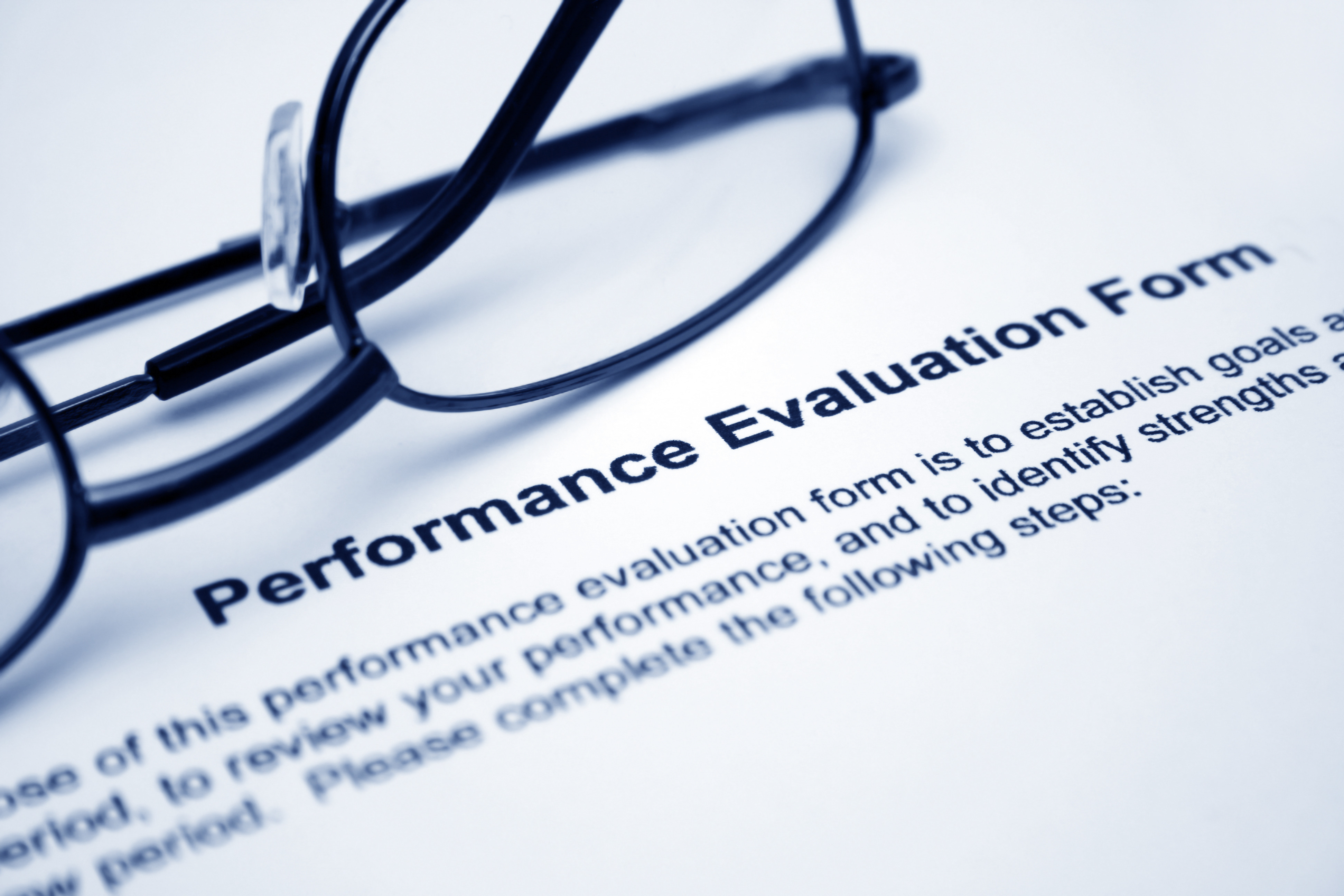We all want success at work. A recent study reveals how to use influence tactics to get better performance reviews or a raise/promotion. Interestingly, these two types of outcomes actually require slightly different tactics. Do you know which type of influence to use for each?
Over 40 years ago, Goffman (1955) introduced to the behavioral sciences the idea that people consciously manage the impressions they convey to others in interpersonal interactions. Goffman contended that people act out roles in efforts to establish identities they wish to convey for personal gain.
It was also intriguing to suggest that people alter the image they choose to present, and the strategy used to present this image, based on the situation they are in and the outcomes they hope to achieve.
Within the past two decades, interpersonal influence theory was applied to organizational settings in efforts to better understand the behavior of people at work. Work settings were seen as conducive to interpersonal influence because obtaining a job offer, receiving a favorable performance evaluation, or ensuring a high pay increase represent rewards at work which could stimulate the self-interest motive and thus behaviors designed to manage favorable impressions. However, it is important to note that individuals do not necessarily use the same influence strategy in every situation. Likewise, different individuals may choose different influence strategies when faced with similar situations.
A recent study has created a cumulative gathering of strong studies about using three broad categories of influence tactics in the workplace and how they correlate to:
- Performance review evaluations.
- Actual extrinsic gains such as promotion and/or salary increase.
Note, these two factors do not always correlate. Many times a promotion or raise is more contextually dependent on the availability of a position and/or the financial situation of the company. It is possible to get high performance reviews but not an actual promotion or increase in pay. The reviewing supervisor does not always have it within his or her power to grant the specific extrinsic reward sought. It is also possible to secure a raise by asking for one apart from a performance review. In this study, it is interesting that certain tactics worked more effectively in regards to performance reviews versus actual extrinsic gains and vice versa. In addition, the study concluded that certain influence tactics that work well in job interview situations show zero correlation to either performance review or extrinsic gains.
The study combined influence tactics under four larger categories:
- Ingratiation – to establish (oneself or someone else) in the favor or good graces of someone, especially by deliberate effort. (example: thanking your employer for the opportunity to work there)
- Self-Promotion - letting others know of your responsibility for success, and your corresponding talents that led to such success (example: voicing your role in a successful endeavor)
- Rationality - using logic and data to seek to influence others (example: creating a spreadsheet of profits or growth)
- Assertiveness - asking directly for what you seek (example: a good review, promotion or salaray increase).
Here are the findings of the studies and my reflective insights on those findings.
Self-Promotion
Self-promotion was found to have only a weak effect on performance assessments and extrinsic success. Why? I feel constantly promoting yourself to co-workers and superiors becomes quickly tiring and annoying. The adage "point to the team during success and take individual responsibility for failure" holds true. Rarely do you see an elite-level quarterback of a winning effort say during a post-game interview, "Yeah I played great today. That win was pretty much because of me." Instead, they give credit to their receivers, offensive line and coaches. When quarterbacks lose, they take credit for the loss, not blaming others. This humility is actually credited to them for increased respect. We’d be a little flabbergasted if they did otherwise. The study found the true effect of self-promotion on these work outcomes is zero. As a side note, subtle self-promotion was actually an effective tactic.
Rationality
Ration sharing of data based results suggested a positive influence of using this tactic on both performance assessments and extrinsic success. Rationality also had a significantly stronger effect on performance assessments than on extrinsic success. It seems to me that having clear and unbiased data to show increased profits, growth, etc. allows the reviewer to more objectively evaluate performance year to year, and thus feel more confident in their review analysis. Remember that reviewers are concerned about their review being reviewed. If the employee being reviewed gains personal favor through a non-objective means, their reviewer could be accused of bias.
Assertiveness
The analysis of assertiveness and work outcomes provided interesting results. Whereas a negative effect was found for performance assessments, a positive effect was found for extrinsic success resulting in a significant difference between these two relationships. This appears to me to be confirmation of the saying, “You have not, because you ask not.” It is very possible to get solid reviews and one’s supervisor to feel that you are entirely content with either your current salary or role. If you desire a salary increase or promotion, you should ask for one or at least ask what would need to happen for such an event to occur. This second approach of asking what would need to happen actually helps you to also build a rational, data-based case for how that has been accomplished under your leadership.
Using Tactics In Combination
Ingratiation and rationality tactics both correlated much more strongly with performance assessments than with extrinsic success. Assertiveness is the key to extrinsic reward. Assertiveness can allow an employee to outpace their performance review at least for the short-term. A longer look than the current study allows needs to be completed to see if this tactic ever "catches up to the user" in that a future assertive ask for a raise is hindered or promotion denied because they have outpaced their actual performance.
Conclusions to Get the Outcome At Work You Desire
1. If you want a good performance review, use ingratiation and rationality tactics.
2. If you want a raise or promotion, assertively ask for it preferably with a bit of rational appeal included.





